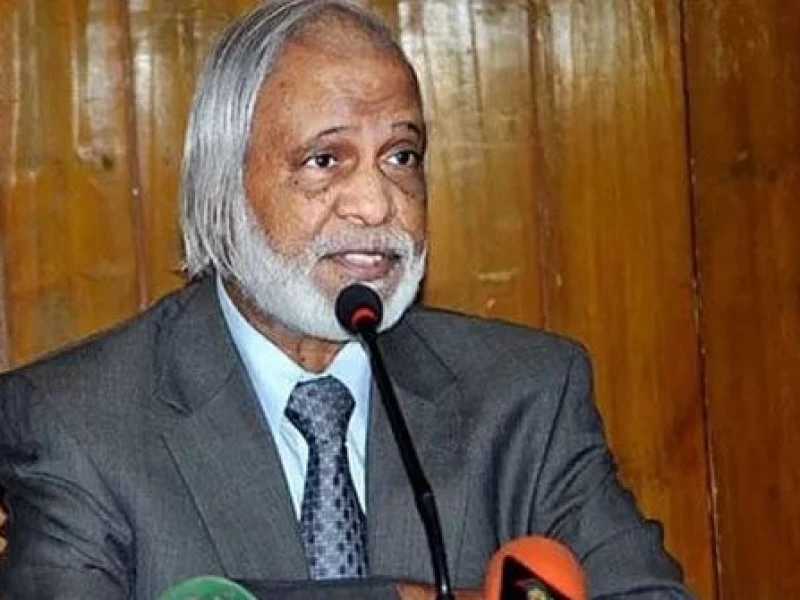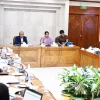Moyeen Khan, a member of the BNP’s Standing Committee said the ongoing political reform process itself needs reform, pointing out that the year-long process has so far failed to reach any meaningful solution.
According to him, the main reason for the stalemate is that the commission has been unable to move beyond traditional methods.
Moin Khan made the remarks at a program titled “Dialogue for Democratic Rebuilding”, organized by the Center for Governance Studies (CGS) at the Sirdap Auditorium in the capital on Thursday.
The event was attended by security analysts, energy experts, former diplomats, and leaders from various political parties. The program was presided over by CGS President Zillur Rahman.
Criticizing the ruling Awami League, he said, “An attempt has been made to impose a one-party autocracy on us, where everyone must think alike. There was no room for dissent. Even today, I do not believe we can celebrate democracy by forcing unanimity among all.”
Speaking on the ongoing reform process, he added, “I believe differences of opinion are natural. Each individual may hold a different view. A democratic process cannot function effectively without accommodating this diversity. We have already reached consensus on 60 to 70 percent of issues; disagreement may remain on 10 to 20 percent. Expecting all political parties and 180 million people to agree on everything is unrealistic.”
He emphasized that reforms should proceed through normal processes without coercion, warning that impatience and emotional reactions among the public could create dangerous situations, as has happened before.
Moyeen Khan also stressed that the interim government should place trust in the 180 million citizens of Bangladesh and that this trust must be mutual.
He said the conventional reform process currently followed by the government has failed to produce results because it cannot move beyond traditional methods, adding, “This is why I say the reform process itself needs reform.”
He noted that 60 to 70 percent of the reform recommendations have already achieved consensus and questioned why unanimity is expected on all national matters.
A fair and neutral election will be held in February, and the voters will decide the government, he said.
Addressing political parties, he added, “Differences of opinion are natural. We will discuss them face-to-face. There is no conflict here. Without mutual trust, no reform can succeed.”


 Prev Post :
Prev Post :
